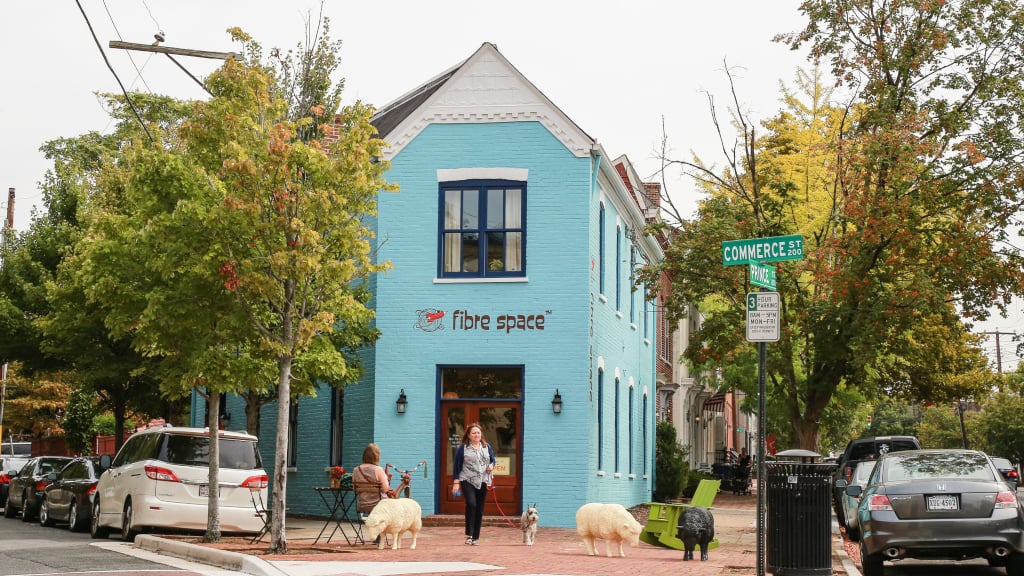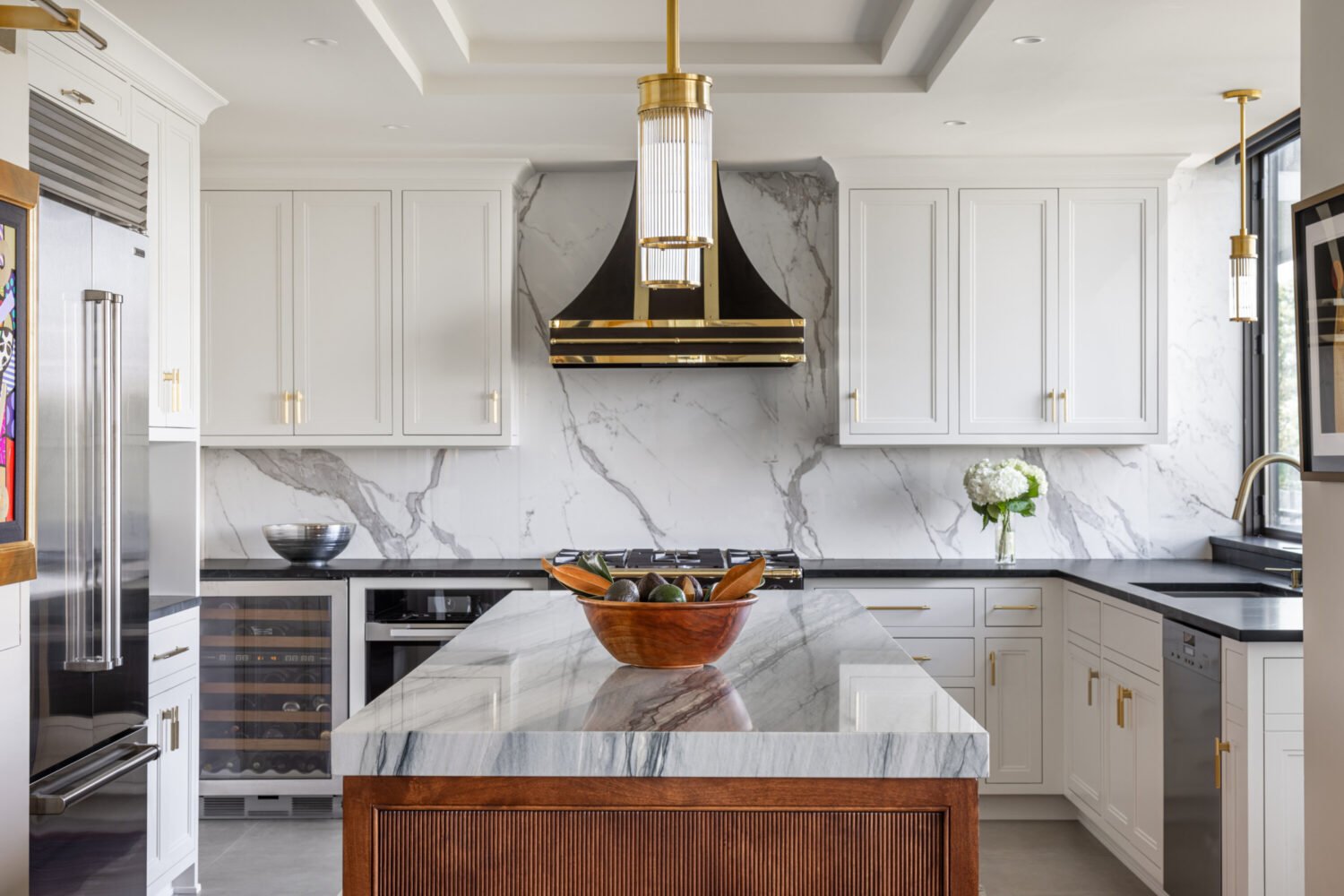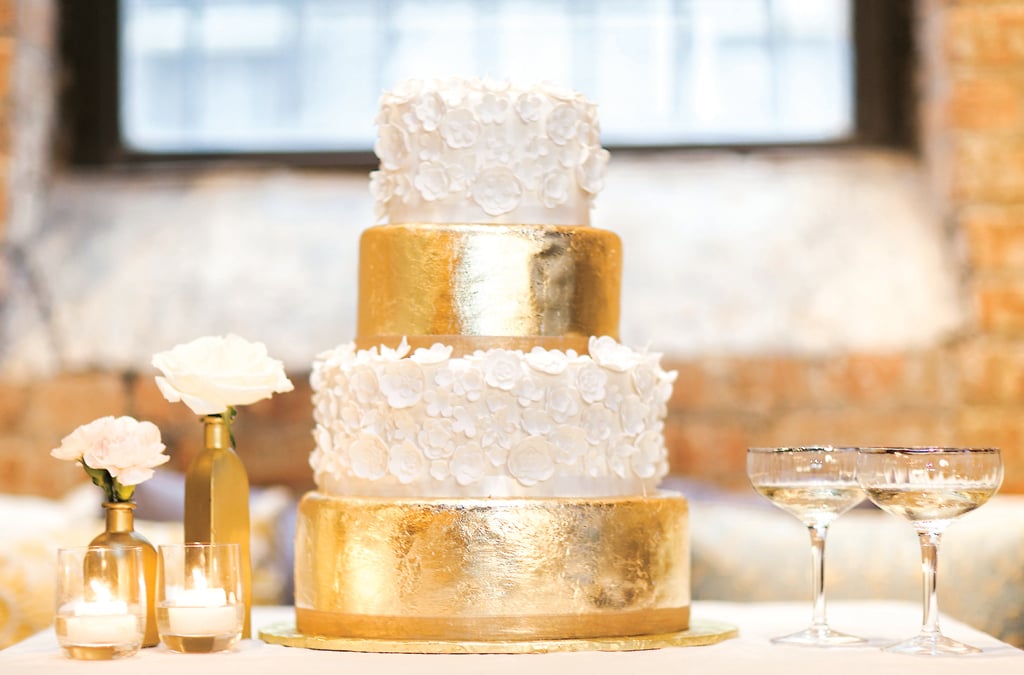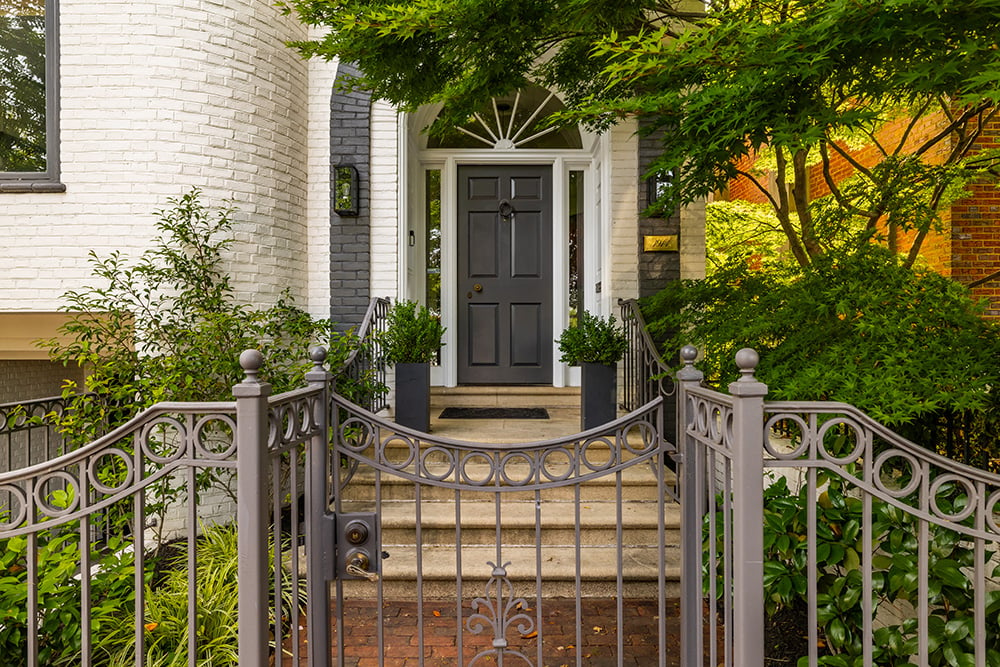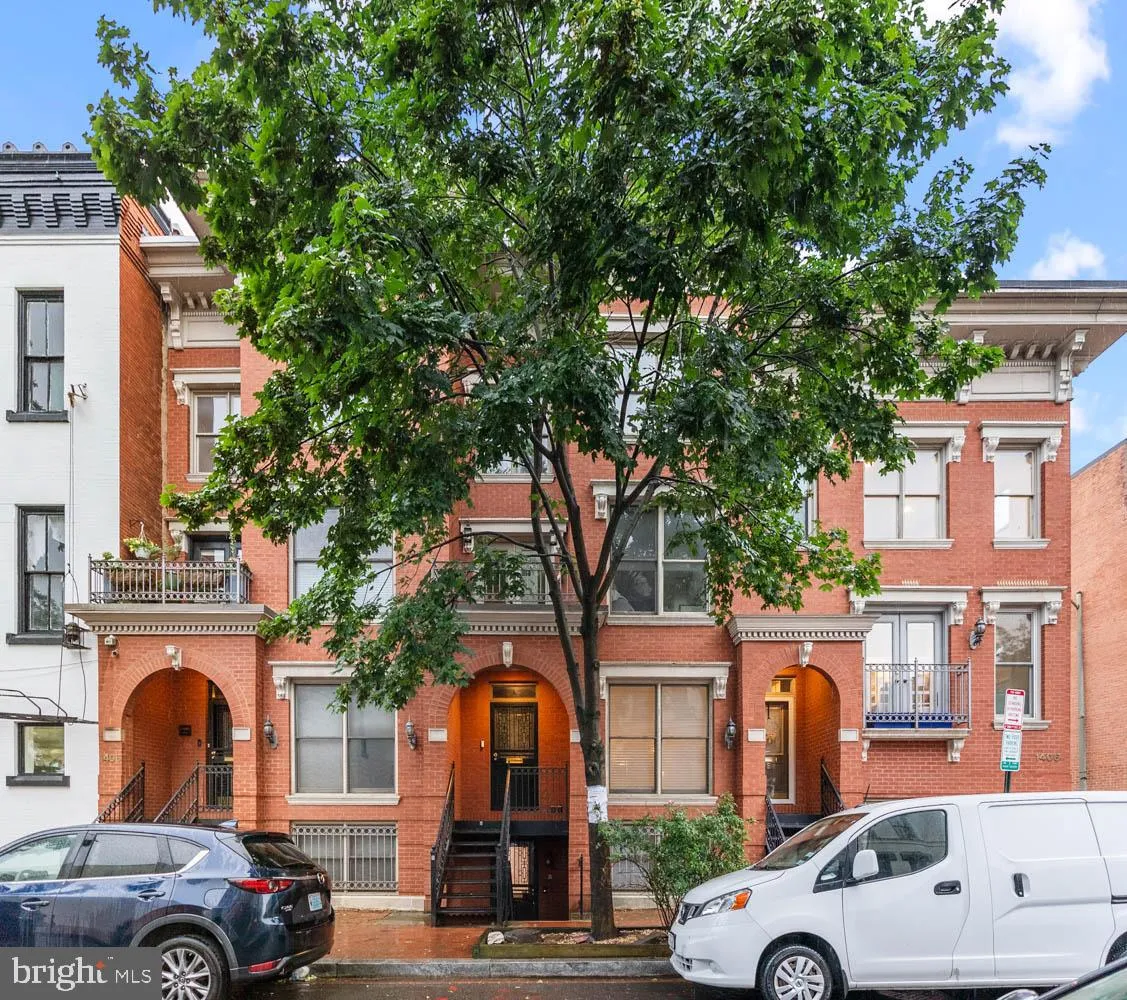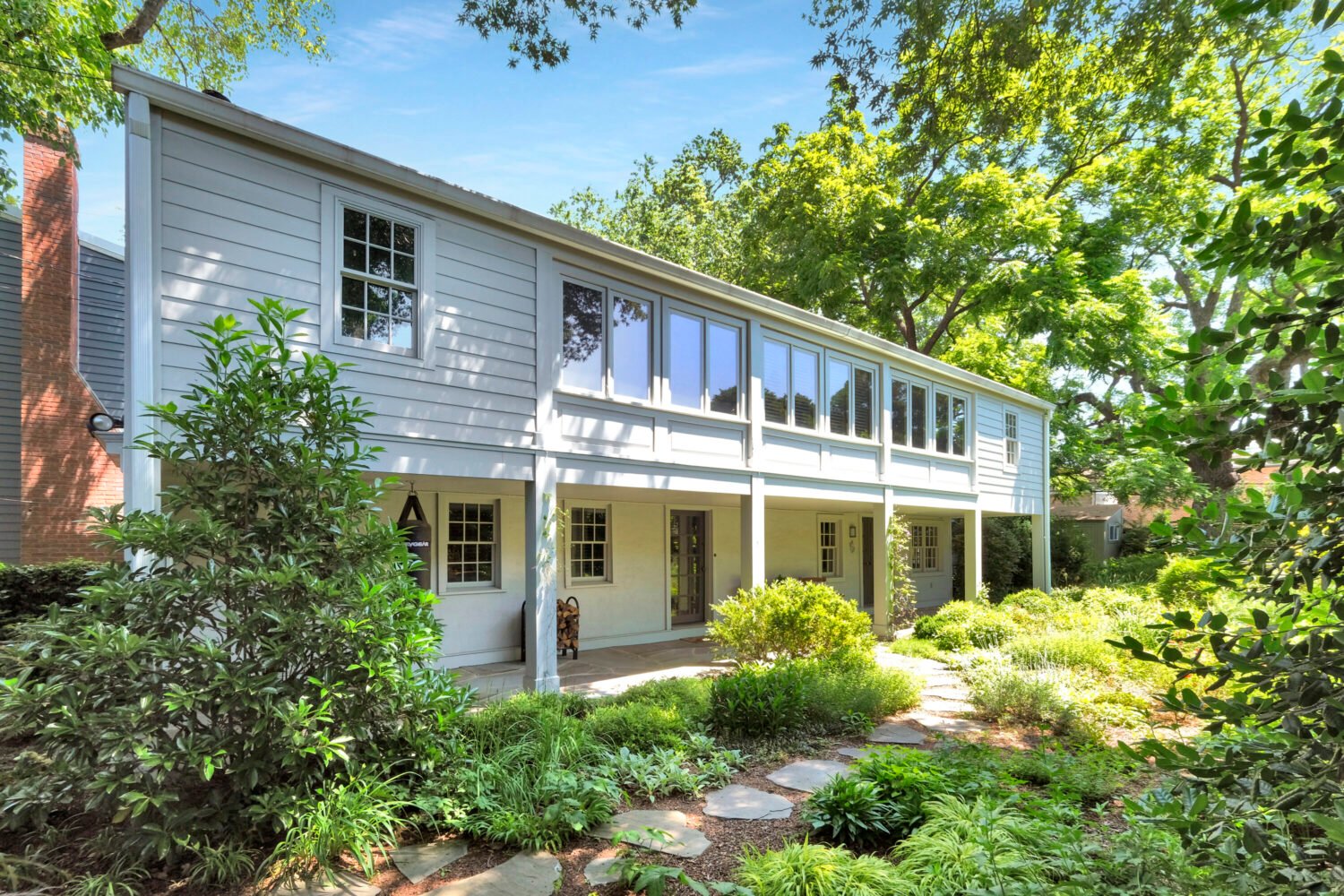Dr. Peter Rinaldi answers common questions on Porcelain Veneers. Dr. Rinaldi can be reached at Washington Center for Dentistry located at 1430 K St NW #800, Washington, DC 20005. (202) 223-6630.
When my patients decide to improve their smile–it really is a life-changing moment. After a lot of thought, they have reached a point when they are ready for a better smile. Of course, before they begin, they have questions. And you might be surprised to hear that many of the questions turn out to be the same with every patient.
What exactly is a veneer?
A veneer is a thin, porcelain shell, also known as “ceramic,” that is placed over teeth to change their shape, color, position, and strength. When placed across multiple teeth, the effect of veneers combines to create an ideal smile that is both esthetically pleasing and highly functional. And one of the best features of the veneer is that it can achieve a new look while being minimally invasive and totally natural looking. Healthy teeth are not compromised, and there is no need to “grind down” the surface of a tooth to achieve the proper effect. In fact, in most cases, veneer placement preserves 80 to 90 percent of tooth structure.
Is it painful to get veneers?
How long does it take and how many visits?
You’ll be happy to learn you can get veneers in only two appointments. During the first visit, we “contour” the surface of the teeth to prepare them to receive the veneers. We also take impressions, and then place “temporary” veneers. This is an important moment, when patients begin to see how the custom design for their smile begins to take shape. Our temporaries–which look as bright and beautiful as permanents–already reveal the exciting new look the patient will achieve. For the upper arch of teeth, this appointment runs about two hours. At the second and final transformation visit, veneers are bonded permanently into place. This visit runs about one-and-a-half hours. The average time between visits–about two to three weeks–can be shortened to accommodate demands of a patient’s work and social schedule. Also during this period, there are short post-op visits.
How long do veneers last?
Having been involved with cosmetic dentistry for more than 25 years, I have seen major improvement in ceramic and porcelain materials as well as the materials used in bonding that now allow veneers to last a long time. That means we are currently stating to patients we expect about 20 years of good use. Factors that affect longevity are the number of veneers that are placed and how well they are maintained. An additional factor that affects how long veneers last is the condition of a patient’s bite. For example, patients who grind or clench their teeth might have a different outcome.
Are there any restrictions after I get my veneers?
No. Anything that can cause harm to a natural tooth will do the same to a veneer. When properly made and properly placed, veneers can withstand the same conditions as natural teeth. There are no food restrictions. Since they don’t stain, red wine, coffee, and tea are fine. Patients with veneers brush and floss just like anyone else. Regular visits with the dental hygienist are also the same.
I sometimes can tell when a person has had veneers done and the teeth look too big. Will this happen to me?
The art of enhancing a person’s smile is both complex and specific for each individual. Being well-versed in smile design–the artistic as well as technical aspects–is a key factor. Not to mention a vast amount of experience placing veneers. There is a critical difference between a dentist who does a veneer case once a month and a dentist that does a veneer case many times a week! The dentist also should have advanced training in cosmetic procedures, and often dentists become accredited by the AACD, the American Academy of Cosmetic Dentistry.
It is important that during the temporary phase, both the dentist and the patient are happy with the outcome. Temporary veneers provide a template for what the permanent teeth will look like. Well-done temporaries help assure that the permanent veneers look completely natural and that they are the perfectly desired color.
Do veneers stain?
One of the great features of veneers is that they are like highly polished glass. They do not stain, and they maintain their vitality and luster throughout their lifetime! Veneers continue to look as wonderful as they did the day you got them.





